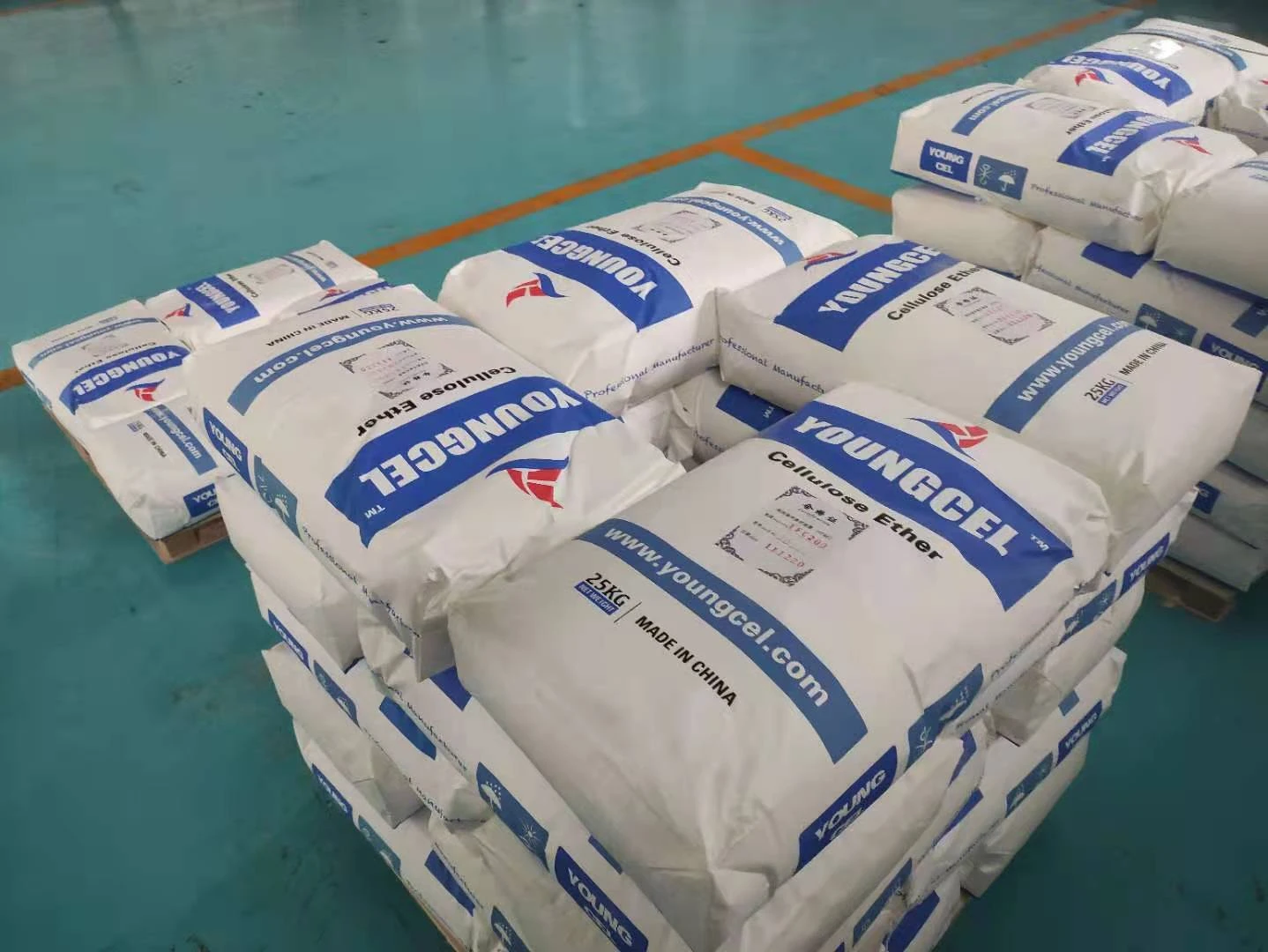Thickeners in Liquid Soap Understanding Their Importance and Functionality
Liquid soap has become an essential part of our daily hygiene routines. It is favored for its convenience, portability, and versatility in use. While the basic ingredients of liquid soap typically include oils, water, and lye, thickeners play a crucial role in enhancing the product’s consistency, texture, and overall performance. In this article, we will explore the various types of thickeners used in liquid soap, their functions, and the factors to consider when incorporating them into soap formulations.
The Role of Thickeners
Thickeners are substances that increase the viscosity of a liquid, making it thicker and more desirable for consumers. The importance of thickeners in liquid soap cannot be overstated— they improve the product's application, preventing it from being too runny or watery. This not only enhances the user experience but also affects the product's overall aesthetic appeal. A well-formulated liquid soap should be easy to dispense without being overly viscous, ensuring that consumers can use just the right amount with each pump or squeeze.
Types of Thickeners
There are several types of thickeners that can be used in liquid soap formulations. Each category serves a specific purpose, offering unique properties and benefits. Some of the most commonly used thickeners include
1. Natural Polymers These are derived from natural sources and are often considered eco-friendly. Examples include xanthan gum, guar gum, and aloe vera gel. Natural thickeners not only enhance the viscosity but also bring added benefits, such as moisturizing properties.
2. Synthetic Polymers Synthetic thickeners, such as carbomer and polyacrylate, are often used for their effectiveness and stability. They can provide a clear, sleek finish to liquid soap while ensuring good performance in terms of viscosity. However, there may be concerns regarding their environmental impact, which leads many formulators to seek more sustainable options.
thickeners liquid soap

3. Fatty Alcohols and Esters Ingredients like cetyl alcohol and stearyl alcohol can also serve as thickeners in liquid soap. These agents not only help to thicken the formulation but also contribute to a creamier, smoother texture, enhancing the overall feel of the product on the skin.
4. Saponification In some cases, the process of saponification can naturally thicken the liquid soap. The combination of oils and lye produces a soap that, after proper dilution and formulation, can achieve the desired viscosity.
Formulating with Thickeners
When incorporating thickeners into liquid soap formulations, several factors need to be considered. The desired viscosity of the final product is the first consideration. Different thickeners will provide varying thickening capabilities, so it is important to test and adjust the amounts used to achieve the ideal consistency.
Another vital aspect is the pH balance of the soap. Some thickening agents may require specific pH levels to activate properly. Thus, it is essential to monitor and adjust the pH during the formulation process to ensure stability and efficacy.
Compatibility with other ingredients is also critical. Some thickeners may react negatively with certain additives or essential oils, leading to instability or separation in the final product. Conducting thorough testing before finalizing the soap formulation can help mitigate these issues.
Conclusion
In summary, thickeners are vital components of liquid soap formulations, enhancing viscosity, user experience, and aesthetic appeal. With a range of options available, from natural to synthetic, formulators have the flexibility to choose the right thickener to suit their product goals. As consumer preferences shift toward more eco-friendly and sustainable products, the choice of thickening agents will likely play an increasingly important role in the development of liquid soaps. By understanding the functions and considerations associated with thickeners, manufacturers can create high-quality liquid soaps that meet both consumer expectations and industry standards.
-
The Application and Significance of Construction RdpNewsMay.19,2025
-
Industrial Grade HpmcNewsMay.19,2025
-
Building Coating Adhesive Building Coating Adhesive HpmcNewsMay.19,2025
-
Application Of Hpmc For Detergent For Detergent In DetergentsNewsMay.19,2025
-
Application Of Hpmc Cellulose In Cement-Based MaterialsNewsMay.19,2025
-
Application Of High Quality Hpmc For Construction In The Field Of ConstructionNewsMay.19,2025




